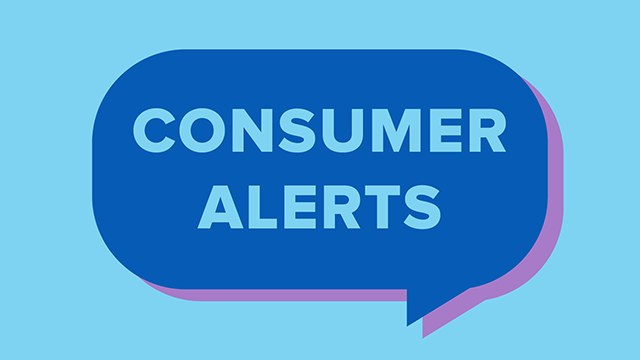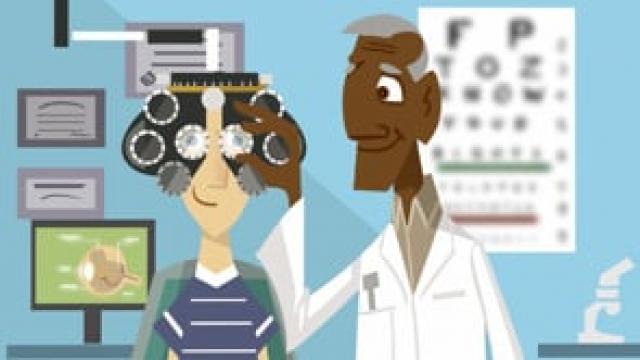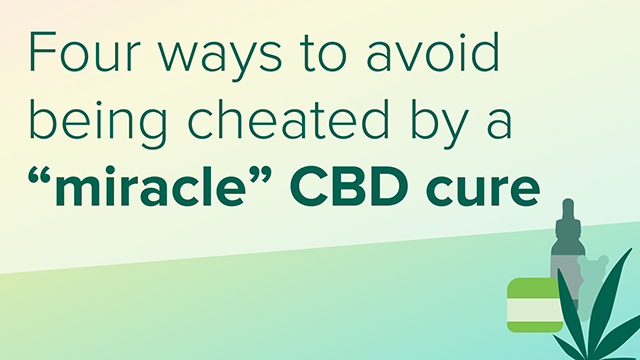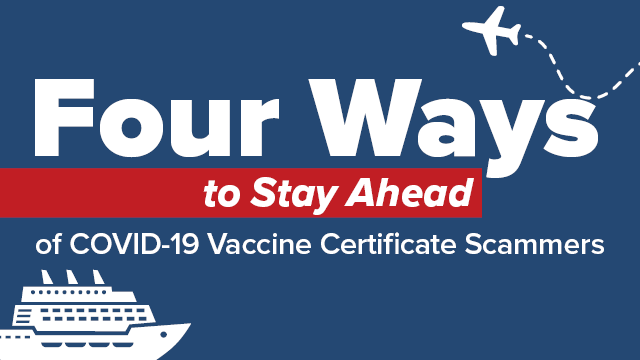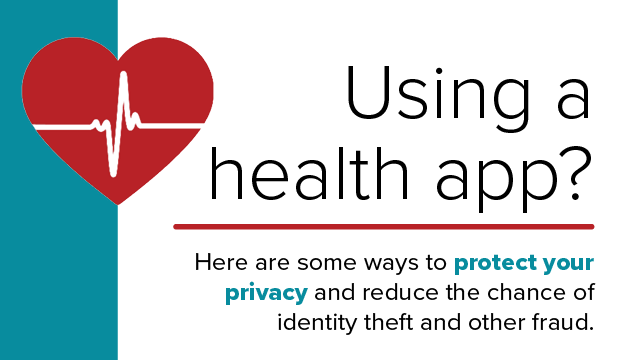Are You on a Biologic Medication? What You Need To Know About Biosimilar Treatment Options
Using a biologic medication and concerned about cost? You may want to talk with your doctor about switching to a biosimilar. Like generic drugs, biosimilars may save you money and are as safe and effective as the original biologic.

